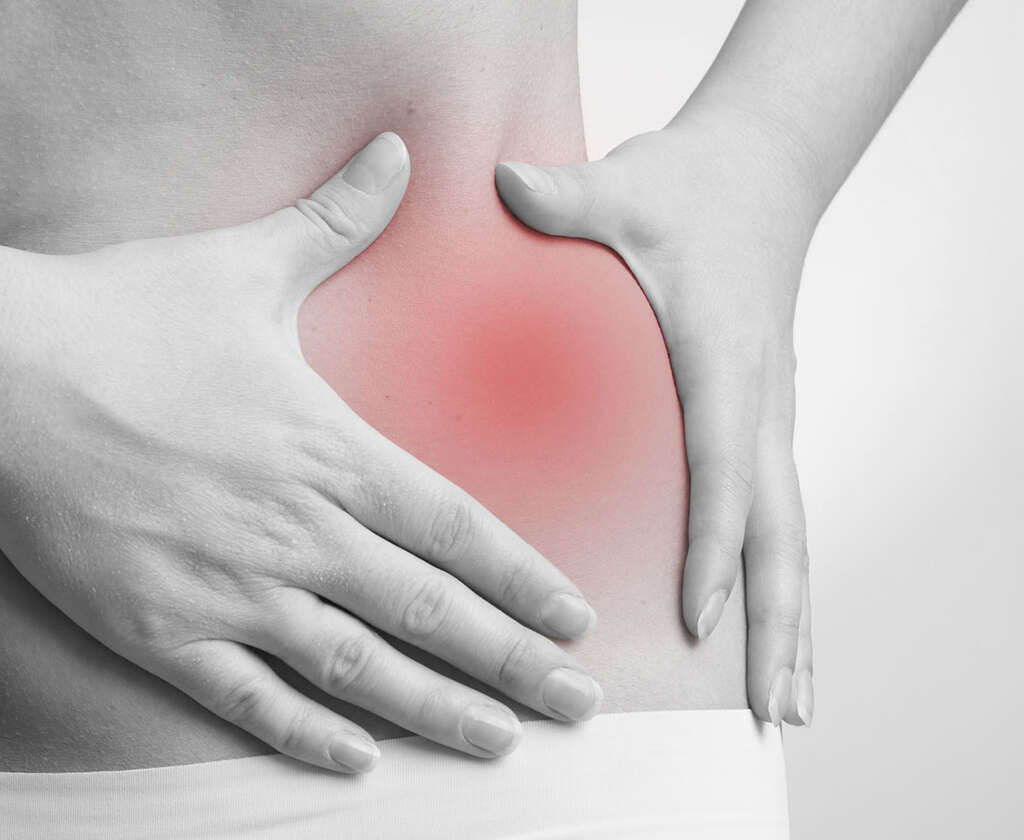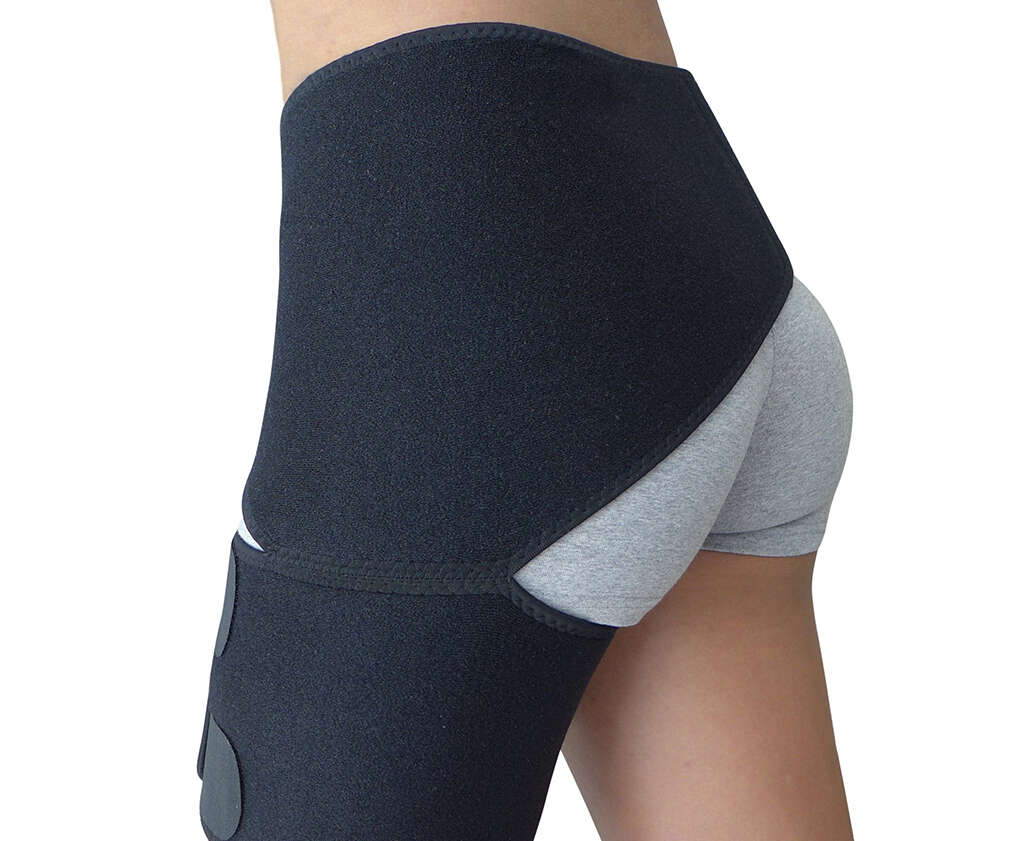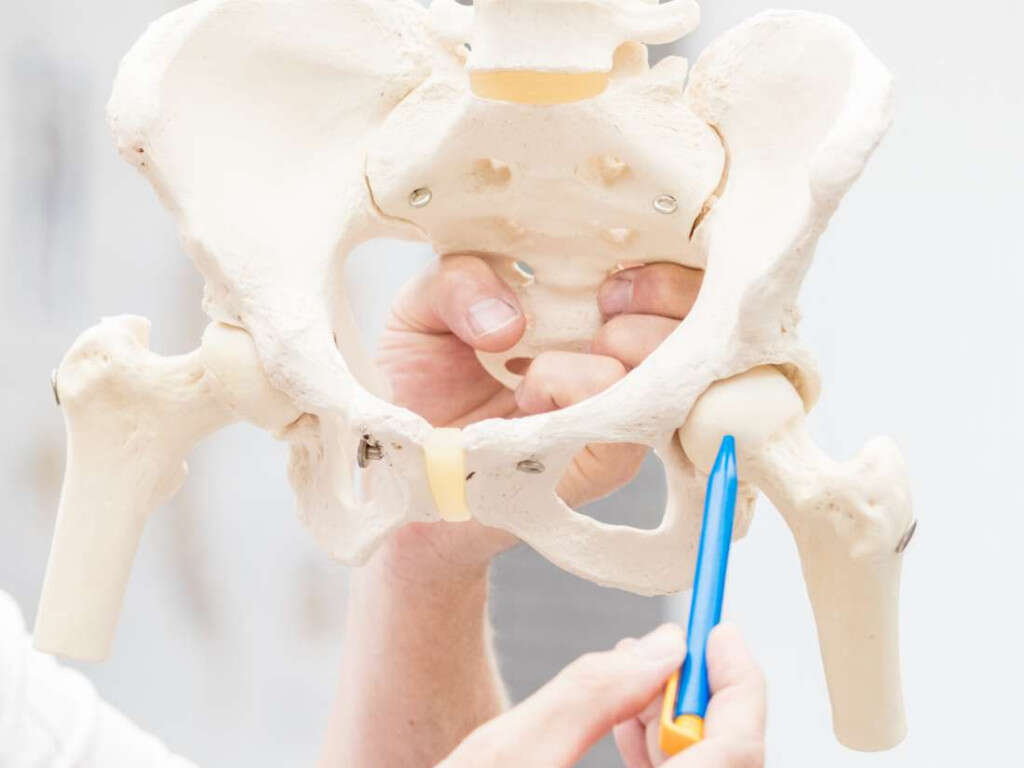10 Causes of Hip Pain
The joints in the hip are incredibly important. Without them, we wouldn’t be able to engage in the fluid and repetitive motions – such as walking – that we do every day. The hip joint is cushioned by cartilage that helps to minimize the amount of friction that’s felt when the bones actually move throughout the socket.
Fortunately, the hip joint is made so it can endure quite a bit of natural wear and tear – provided that you take care of your body. Unfortunately, people who frequently engage in high-intensity activity may damage or degenerate the cartilage or the bones themselves.
There are a number of things that can contribute to this aside from the natural aging process. If you’re experiencing chronic hip pain and you’re not sure why, then hopefully this information can help you figure out what’s wrong and decide whether or not to seek medical treatment.

Cause #1: Osteoarthritis
Osteoarthritis, and other types of arthritis, are the leading cause of joint and bone pain in the United States. Osteoarthritis affects more than 30 million people on a daily basis and the numbers are increasing.
There are a number of things that can contribute to osteoarthritis, such as a bad diet, old age, and excessive overuse of joints and bones. Cartilage can also be damaged by traumatic injuries.
When it occurs in the hips, the cushion of cartilage begins to deteriorate. This can cause the bones to actually rub together when you’re moving around. As the bones rub together, the increased friction can contribute to pain and stiffness which can decrease the quality of life.

Cause #2: Greater Trochanteric Bursitis
This is a condition that leads to inflammation of the bursa which rests on the outside portion of one of the bones that forms the hip joint. This area of the bone is called the greater trochanter of the femur. A bursa is a sac that’s filled with fluid and functions to reduce friction between a bone and soft tissue, such as a tendon.
If you experience a degeneration or inflammation of a bursa, then you are more likely to develop discomfort in the affected region. Medication, physical therapy, and icing the affected area can reduce discomfort.

Cause #3: Tendonitis
Tendonitis is a condition that can cause problems in the mobility and function of the tendons, which are fibrous, string-like structures that help to link muscles to bones. There are a great many tendons in the body and quite a few around the hips themselves.
If any of these tendons become inflamed, they can cause intense irritation, swelling, discomfort and pain. There are a number of things that can cause tendonitis, the most common being overuse of the area or injuries.

Cause #4: Osteonecrosis
Osteonecrosis is a condition that can become quite serious and occurs when there isn’t enough blood flow reaching a bone or a joint. When this happens, the cells in the area may die. If too many cells die, then the bone itself can actually collapse.
It goes without saying that if your bones collapse, then you will experience a great deal of discomfort. One of the most common regions that osteonecrosis can occur is in the hips.

Cause #5: Snapping Hip Syndrome
This is a blanket term that’s used to describe when a structure about the hip causes a snapping motion. This can cause discomfort, pain, and decrease the range of motion. The first example is when the iliotibial band, one of the most prominent tissues around the hips, snaps over a portion of the thigh bone.
The second example is when part of the hip flexor muscle group snaps over a portion of the front part of the bones that form the hip joint. A third example occurs when the cartilage in the hip tears and causes a snapping feeling within the joint.

Cause #6: Labral Tears
The labrum is the name used to describe the cartilage that surrounds the joints in the hips. The labrum keeps the thigh bone planted within the socket of the hip, and it’s immensely important for maintaining your range of motion.
Unfortunately, a number of things can lead to tears in the labrum. Things like traumatic injuries, excessive repetition, and genetics can lead to the labrum tearing. A torn labrum can contribute to pain and a ‘catching’ sensation similar to those felt by patients experiencing snapping hip syndrome.

Cause #7: Stress Fractures
Stress fractures are cracks in the bone. They tend to occur in people who frequently work their bodies to the max and over-exert themselves. By placing too much stress, or pressure, on an area, the bones can become overstressed and become cracked or damaged.
People who engage in high-intensity or full-contact sports are much more likely to develop stress fractures.

Cause #8: Strained Muscles
Another thing that occurs often in people who engage in high-impact sports are strained muscles. There are a number of things that can occur when people strain their muscles: pain, spasms, discomfort, and decreased mobility.
Some of the most common strained muscles are in the groin and hamstrings, but it’s still not uncommon to strain the muscles supporting the hips.

Cause #9: Dislocation
There are a number of things that can cause you to dislocate a bone. A dislocation occurs when the bone pops out of the socket. This can be extremely painful and generally prevent a person from engaging in their normal range of motion.
Dislocations are generally caused by blunt force trauma. Injuries like car crashes or those that might be accrued when playing high-intensity sports can contribute to a dislocated hip.
Since the bones in the hip actually become wrenched out of their regular place, you may be able to physically see the results of the dislocation. If you experienced a dislocation then your best bet is to seek medical help to see if they can put it back into place.

Cause #10: Fractures
Fractures are different than stress fractures because they generally occur as a result of blunt force instead of stress. Fractures most often occur in older patients and people with degenerative conditions like osteoporosis.
If you experience a serious fracture then it’s vital that you seek medical attention because you may need to physically replace or repair parts of the broken hip.












